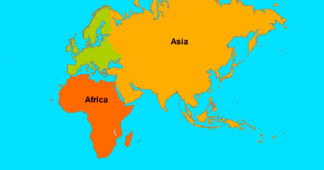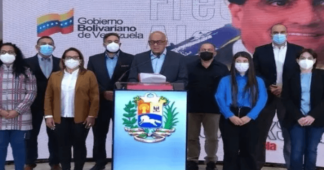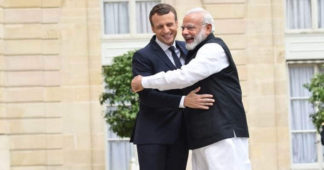Jul 11, 2022
Kinhide Mushakoji, an international political scientist and vice-rector of the United Nations University and president of the Japan International Committee on Human Rights and Anti-Discrimination (IMADR), who was passionate about human rights issues, died on May 23. The United Nations University announced. He was 92.
Born in Brussels, Belgium in 1929. His father was a diplomat and spent his childhood in Europe. He graduated from Gakushuin University’s Faculty of Political Science and Economics and studied in Paris and the United States. The writer Minoru Mushakoji is his uncle.
He has also served as a professor at Gakushuin University and Sophia University, Vice President of the United Nations University, Director of the Asia-Pacific Research Center at Osaka University of Economics and Law, President of the Osaka International Peace Center (Peace Osaka), and President of the Asia-Pacific Human Rights Information Center (Hugh Rights Osaka).
Through her experience of being bullied as a returnee child, she cultivated empathy for people who were discriminated against, and became involved in the movement of Koreans living in Japan, Asian workers, and international students. Through his research on minorities at the United Nations University, he also came into contact with the Buraku liberation movement, and served for a long time as the secretary general of the international anti-discrimination movement formed at the urging of the Buraku Liberation League. On the other hand, he mentioned that his father, who was ambassador to Germany, signed the Japan-Germany Defense Pact, and said, “I have a dual consciousness of victims and perpetrators.”
Formed in 1955 by Nobel Prize laureate Hideki Yukawa and others, he served as a member of the Committee of the Seven for World Peace Appeal, which has issued statements and proposals against nuclear non-war based on the pacifism and humanitarianism of the Japan Constitution. During his tenure in office, he announced an appeal calling for the revocation of a Cabinet decision authorizing the exercise of the right of collective self-defense.
His books include “International Politics at a Turning Point” and “Human Security: Beyond State-Centrism.
We remind our readers that publication of articles on our site does not mean that we agree with what is written. Our policy is to publish anything which we consider of interest, so as to assist our readers in forming their opinions. Sometimes we even publish articles with which we totally disagree, since we believe it is important for our readers to be informed on as wide a spectrum of views as possible.











